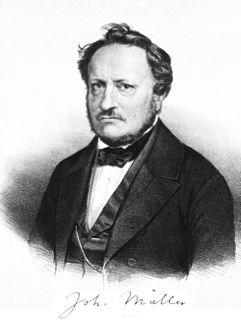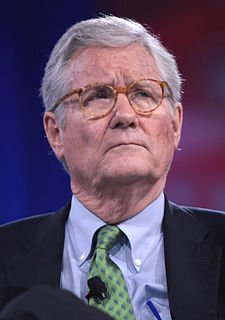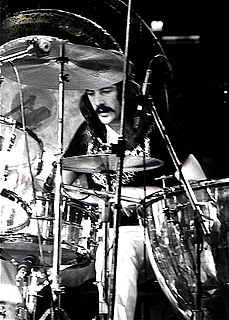A Quote by Robert Whittaker
Come fight night, there will be nerves, but it's how you react to those nerves - doing what you need to regardless - that's how you win fights.
Related Quotes
I think every athlete will tell you no matter what sport you're in, when you train so hard and when you care so much about doing what you do, there's a little bit of nerves that come with that. But nerves that won't prevent you form performing, nerves that, hopefully, allow you to be that much more motivated and inspired to do well.
So much of unhappiness, it seems to me, is due to nerves; and bad nerves are the result of having nothing to do, or doing a thing badly, unsuccessfully or incompetently. Of all the unhappy people in the world, the unhappiest are those who have not found something they want to do. True happiness comes to those who do their work well, followed by a refreshing period of rest. True happiness comes from the right amount of work for the day.
Mr. Bennet, how can you abuse your own children in such a way? You take delight in vexing me. You have no compassion for my poor nerves." "You mistake me, my dear. I have a high respect for your nerves. They are my old friends. I have heard you mention them with consideration these last twenty years at least.
It's no use telling us that something was 'mysterious' or 'loathsome' or 'awe-inspiring' or 'voluptuous.' By direct description, by metaphor and simile, by secretly evoking powerful associations, by offering the right stimuli to our nerves (in the right degree and the right order), and by the very beat and vowel-melody and length and brevity of your sentences, you must bring it about that we, we readers, not you, exclaim, 'how mysterious!' or 'loathsome' or whatever it is. Let me taste for myself, and you'll have no need to tell me how I should react.





































